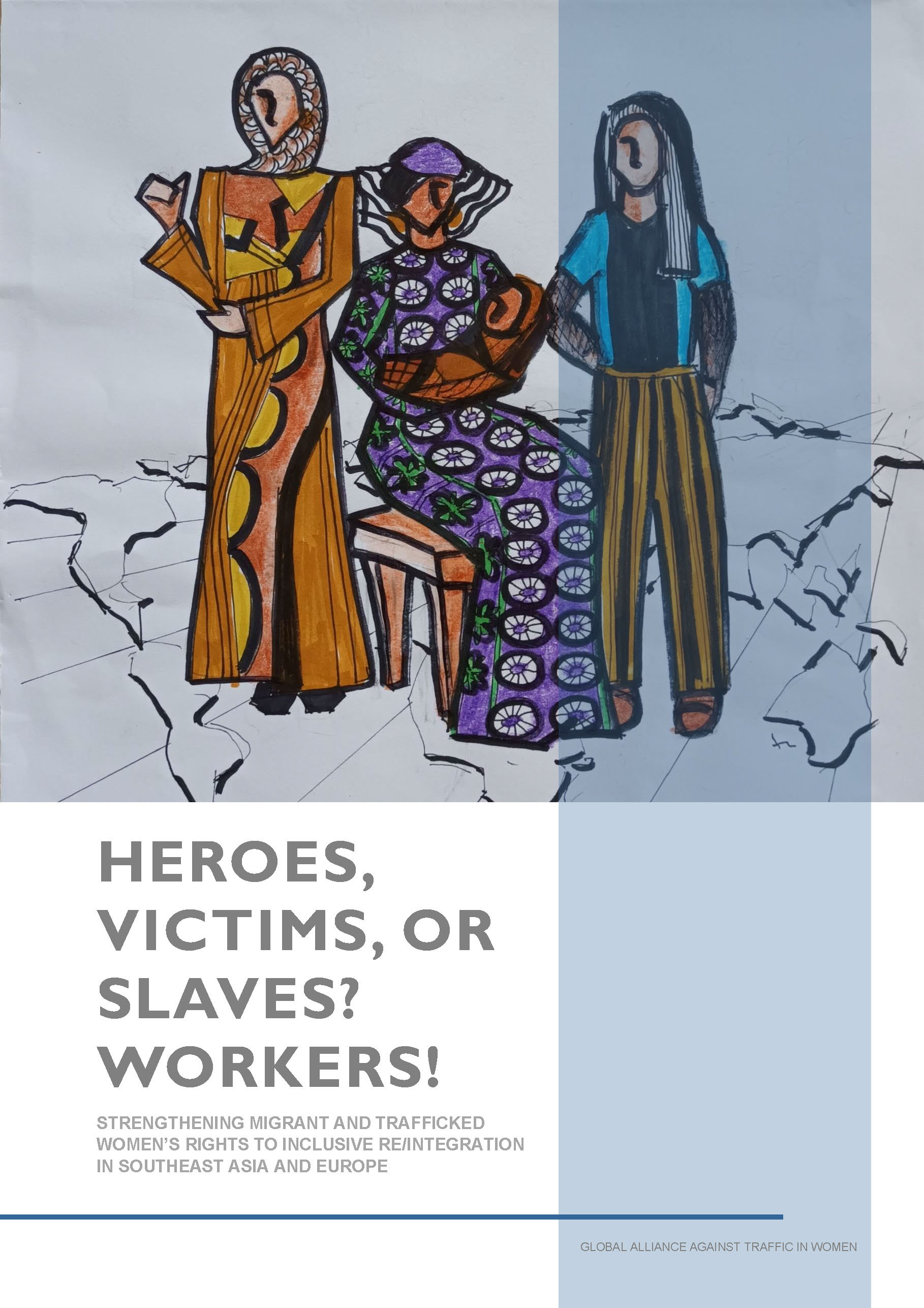In the past two decades, the migration and trafficking of women from Southeast Asia to Europe has received relatively little attention from donors, policymakers, and NGOs, compared to other migration routes. Yet Southeast Asian women continue going to Europe for work or marriage. What is their journey? Do they settle in Europe and how do they live there? Do they return to their home countries and how do they resume the life they had left behind? How do communities, societies, and governments view migrant and trafficked women?
Our new report explores these questions not only to find their answers but also to challenge what we know and how we think about women, migration, labour, and trafficking today. It describes the main challenges that migrant and trafficked women from Southeast Asia face in their socioeconomic inclusion (or re/integration) in Europe and upon return to their country of origin. It highlights examples of government and NGO programmes to support women’s socioeconomic inclusion or re/integration, as well as the women’s own understanding of the meaning of these words. It concludes with a number of broad recommendations to governments in countries of origin and destination to ensure that women’s migration benefits not only governments, businesses, and brokers, but, most of all, the women themselves.
The report is based on qualitative interviews with 329 migrant workers – 312 women and 17 men – in eight countries: the Philippines, Vietnam, Thailand, Poland, Germany, the Netherlands, France, and the United Kingdom. The interviews were conducted between March 2021 and March 2022 by ten NGOs, members and partners of GAATW: Batis Center for Women and Blas F. Ople Policy Center and Training Institute (the Philippines), Centre for Social Work and Community Development Research and Consultancy and the Institute for Development and Community Health/LIGHT (Vietnam), La Strada Foundation (Poland), Ban Ying (Germany), FairWork (the Netherlands), Comité Contre L’Esclavage Moderne (France), the Voice of Domestic Workers and Southeast and East Asian Centre (the UK), and an independent consultant in Thailand.
Read the report: Heroes, Victims, or Slaves? Workers! Strengthening migrant and trafficked women’s rights to inclusive re/integration in Southeast Asia and Europe

